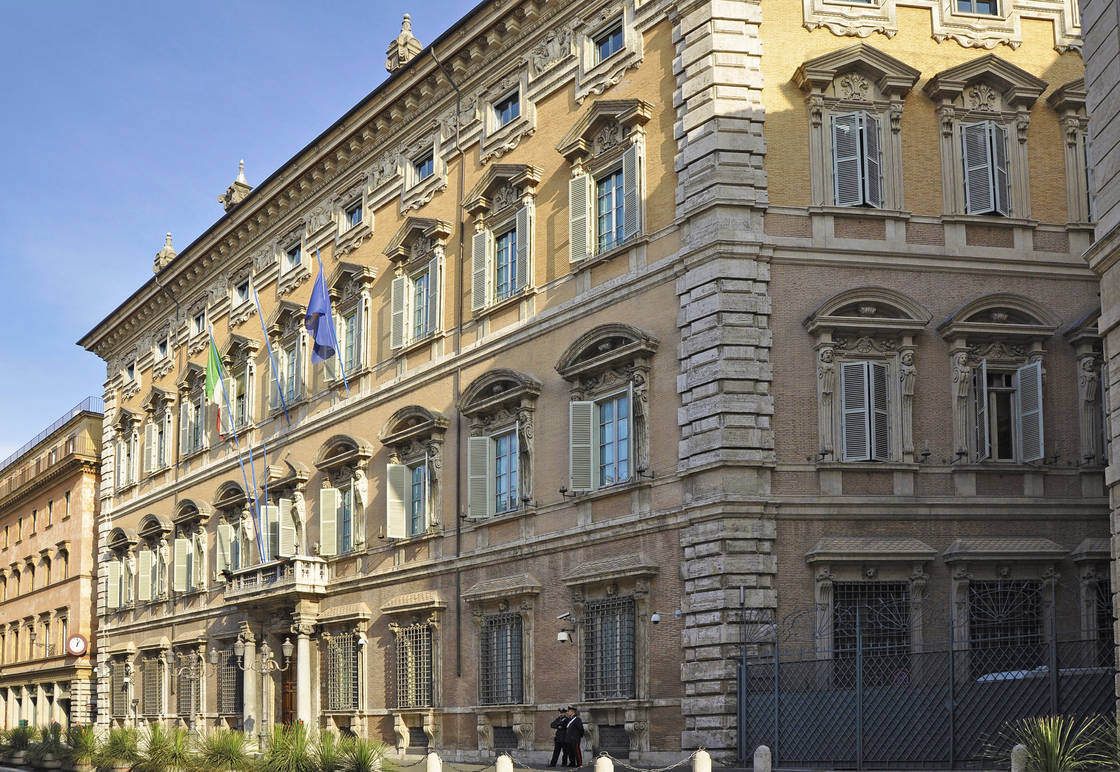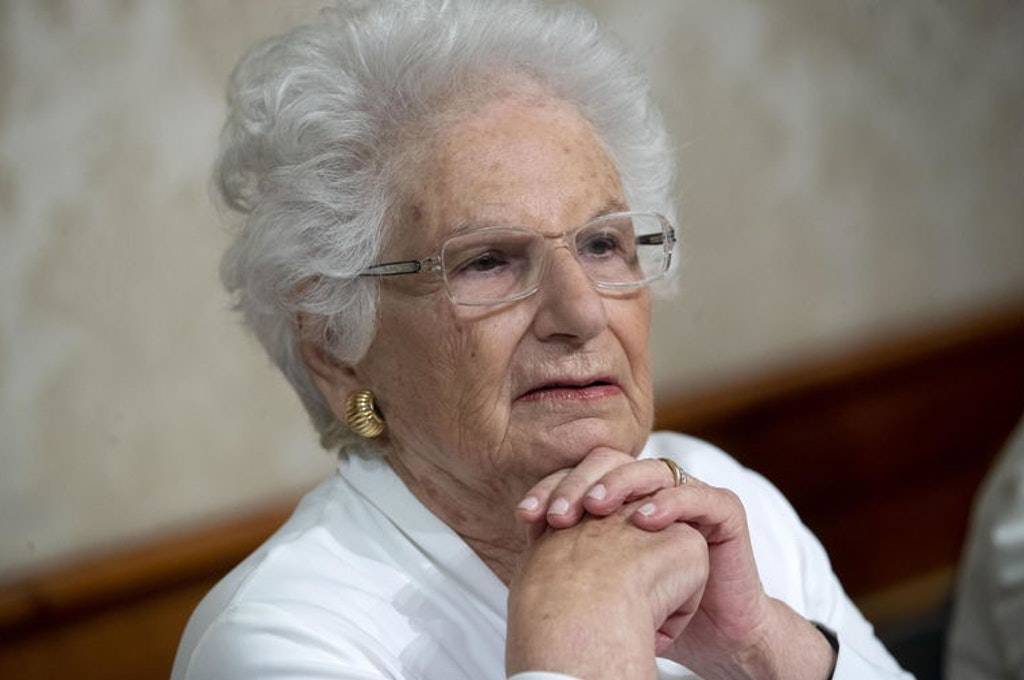Anti-Hate Motion Passes Amidst Many Abstentions. What Does This Mean for Italy?
On Wedesday, the motion to form an extraordinary commission against hate, racism and anti-semitism proposed by Holocaust survivor and life Senator Liliana Segre, was approved by the Upper House. However, to the surprise and alarm of many, out of 249 votes, there were 98 abstentions.
This result caused many to speak out, all sharing the concern that by not voting in favor of a commission to regulate hate crimes, parties such as Lega, the rightwing League of Brothers of Italy (FdI) and Berlusconi’s Forza Italia (FI) are expressing their tolerance if not their support of such acts.
"The commission is a great institutional result for our country, it has great value," stated Ruth Dureghello, the president of Rome's Jewish Community on Thursday, then adding that "the abstention of some parties is disconcerting. It's a decision that we consider wrong and dangerous.”
The President of the Republic, Sergio Mattarella echoed her, reminding everyone that “We must never let our guard down, underestimate attempts at denying or rewriting history against evidence, with the goal to feed egoism, personal interests, discrimination and hate.”
Even the Vatican Secretary of State Cardinal Pietro Parolin expressed apprehension regarding the abstentions. "I'm worried in the sense that, some things, some fundamental values, should be felt by all of us," he said.
Senator Segre was born into a Milanese Jewish family in 1930. As a child, she was expelled from her school, subjected to racial laws, and ultimately deported to Auschwitz in 1943 at the age of 13. She has been speaking to the public, particularly focusing on younger audiences to talk about her experience, to make sure history isn’t erased or forgotten.
"At the moment there is a need for unity,” she commented. “There should be no room for ambiguity."
All sound words it would seem, and yet, somehow, there does appear to be quite a bit of ambiguity on the subject. While members of the current Movimento 5 Stelle-Democratic Party-Liberi e Uguali government, from the President of the Italian Chamber of Deputies Roberto Fico, to the Secretary of the Democratic Party, Nicola Zingaretti all agreed that establishing the commission should be a no-brainer, representaives of Lega, FI, and FDI defended their position against it, citing the need to protect freedom of opinion.
Silvio Berlusconi responded by saying “I must reject with force all exploitation of the vote expressed by Forza Italia.” The four times Prime Minister and founder of the center-right party claims that the left is instrumentalizing his party’s position.
"As liberals we are against an excess of legislation on crimes of opinion and the motion put to the Senate yesterday, on which Forza Italian abstained, outlined, at the request of the Left, the institution of a new crime of opinion," he stated.
However, Forza Italia is itself divided on the issue. “We are betraying our values and changing skin,” commented former minister Mara Carfagna, who last year helped pass a motion against antisemitism.
While the fact that the motion passed is certainly a victory for Italy - an important step in establishing the necessary legal framework to deal with the atmosphere of violence and hate that seems to be spreading across the country - the resistance to something seemingly so obvious as a law to provide protection against racism, antisemitism and hate is indeed cause for concern.
For the moment, the majority of Italian politicians and representatives claim to share this concern, but one can’t help but wonder whether the balance will shift. And if so, when? And what do the Italian people think of all of this? It becomes hard to gage public opinion when we start to see people opposing what up until yesterday were considered to be universally shared values.





































i-Italy
Facebook
Google+
This work may not be reproduced, in whole or in part, without prior written permission.
Questo lavoro non può essere riprodotto, in tutto o in parte, senza permesso scritto.